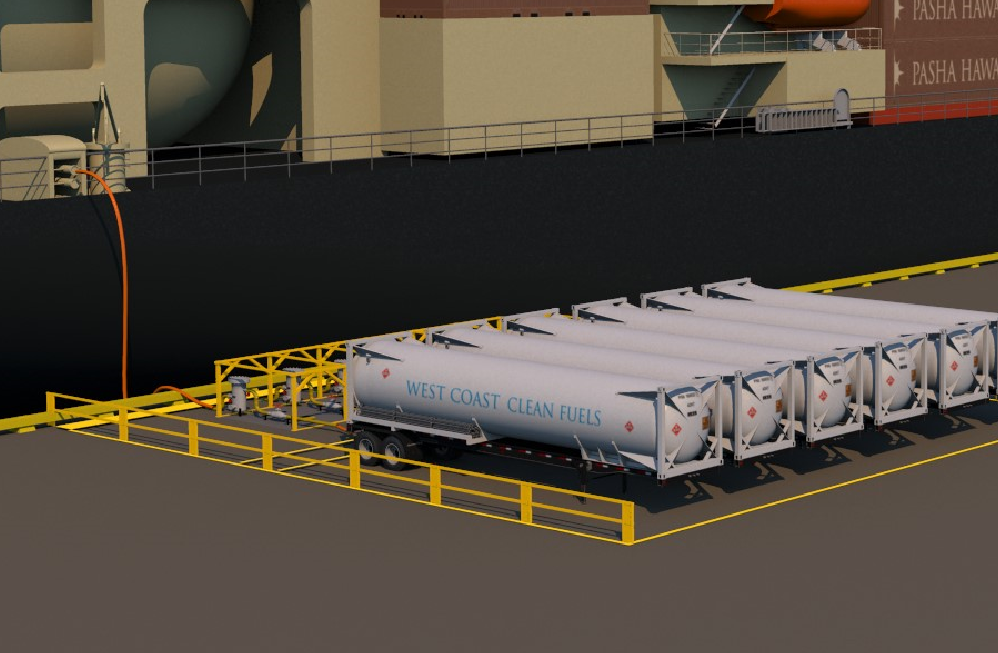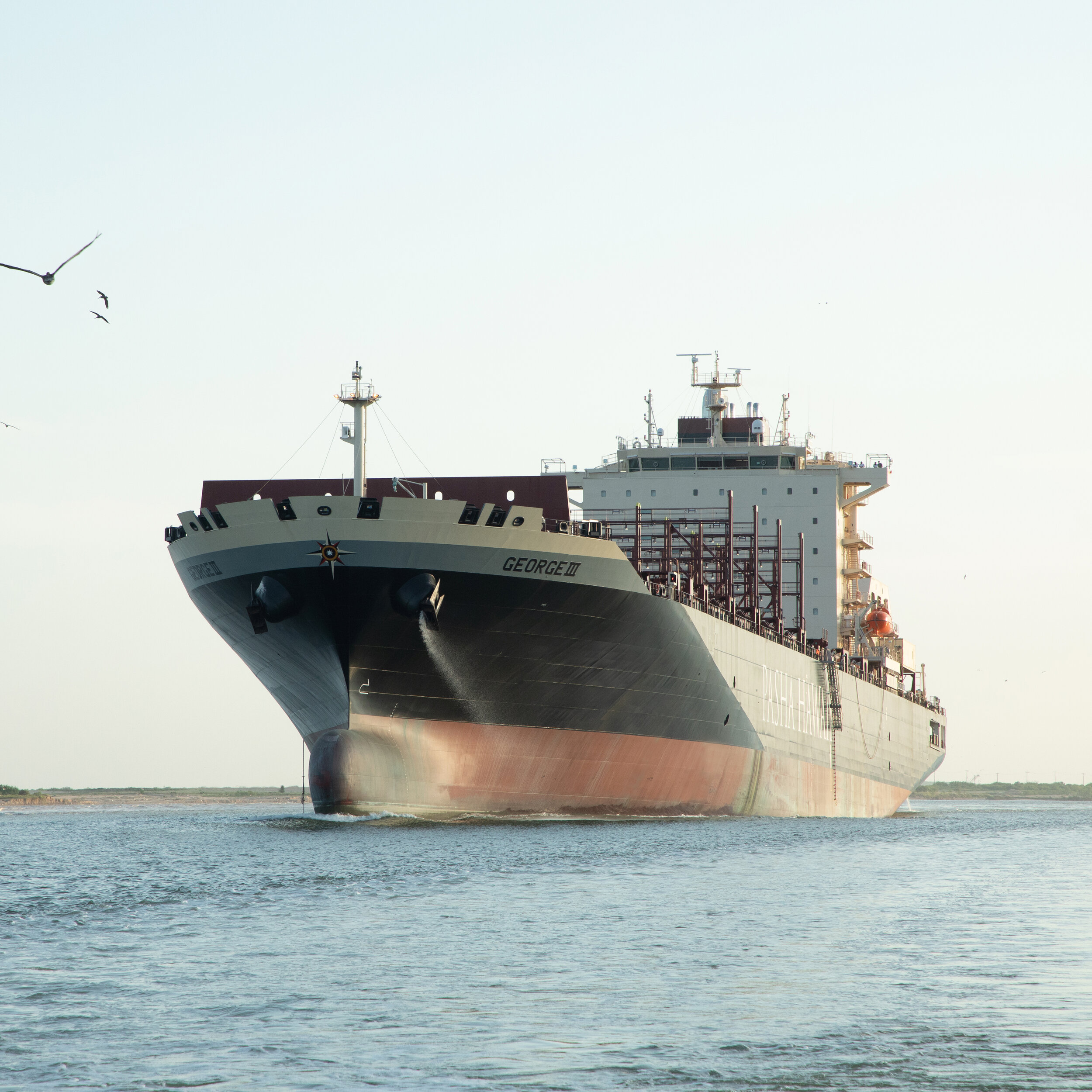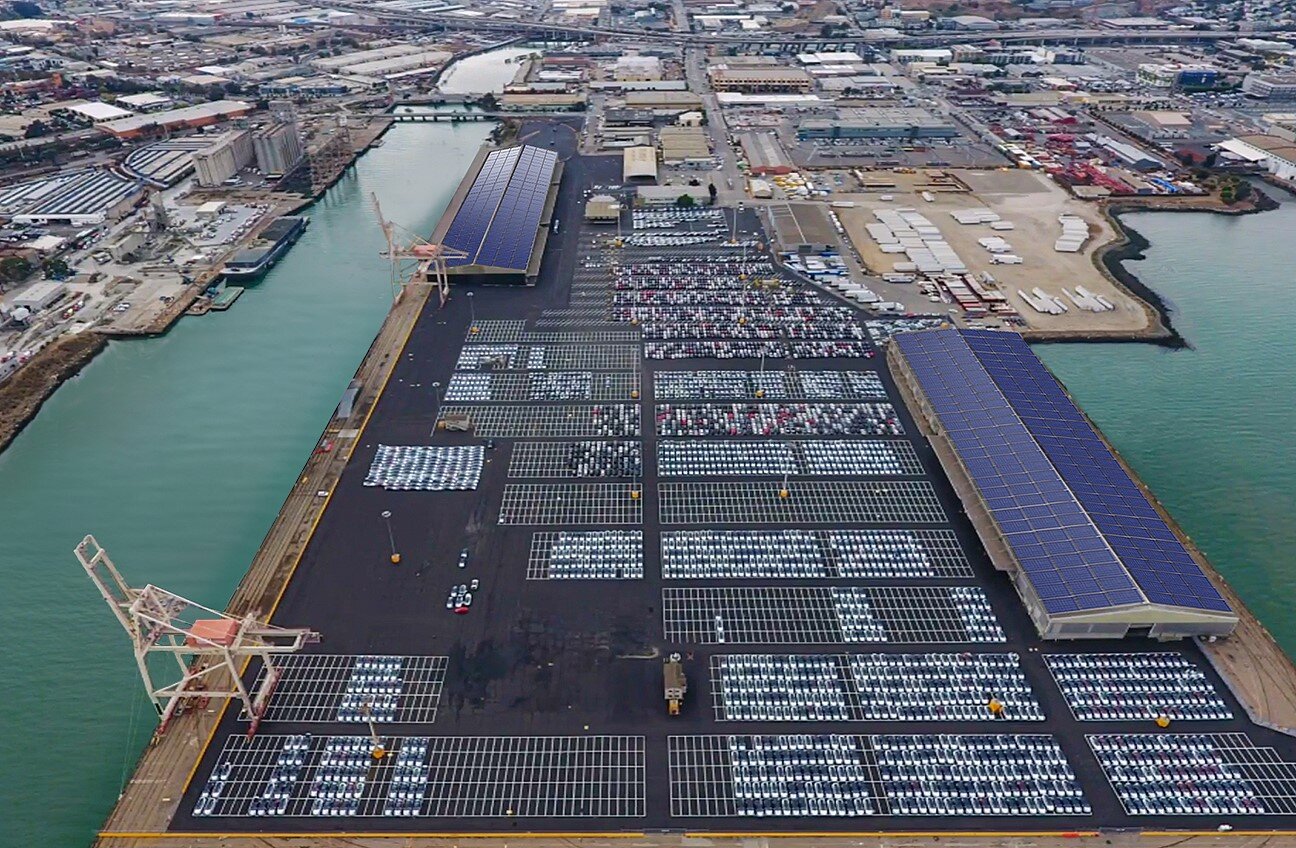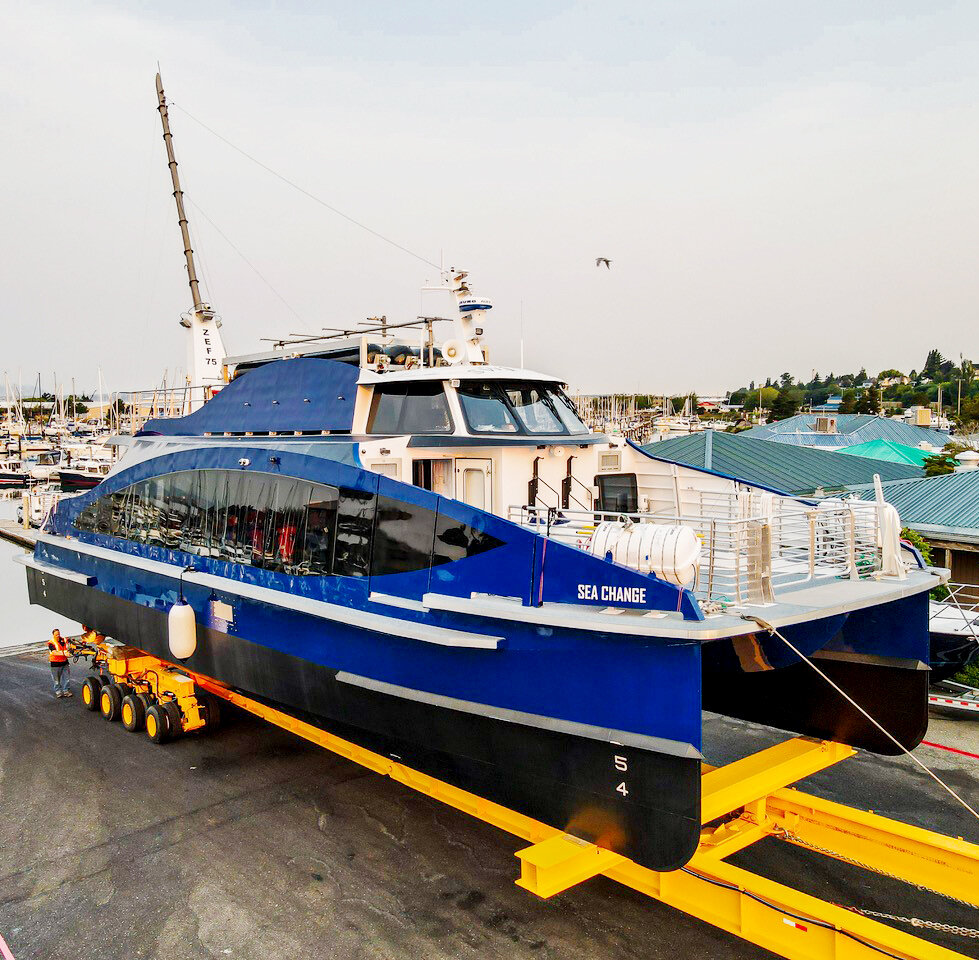Safe and Efficient Delivery of Domestically Sourced Clean Fuels. West Coast Clean Fuels, LLC develops scalable fuel-distribution infrastructure, from production plant to vessel flange, in order to meet the growing low-carbon fueling demands of an evolving marine transportation industry.
Meeting the Needs of IMO 2030 and Beyond. The ‘International Maritime Organization (IMO) Strategy on Reduction of Greenhouse Gas (GHG) Emissions from Ships (IMO Resolution MEPC.304(72)’ schedule is not limited to the highly-publicized activity around IMO 2020. The IMO resolution intends to reduce the average CO2 emissions (as compared to 2008 base level) by at least 40 percent by 2030 and 70 percent reduction by 2050. The reduction in Greenhouse Gas is set at least 50% by 2050. Liquefied Natural Gas has zero sulfur emissions with 90% reduced nitrogen oxide and 20% reduced carbon dioxide versus heavy fuel oils. Hydrogen fuel cells turn hydrogen into electricity to vessel propulsion systems with zero emissions. Marine operators planning for the next event horizon are looking to alternative clean fuels to help achieve these objectives.
Fueling the first LNG-powered containerships on the West Coast.

Fueling the first zero-emissions hydrogen fuel cell ferry in North America.
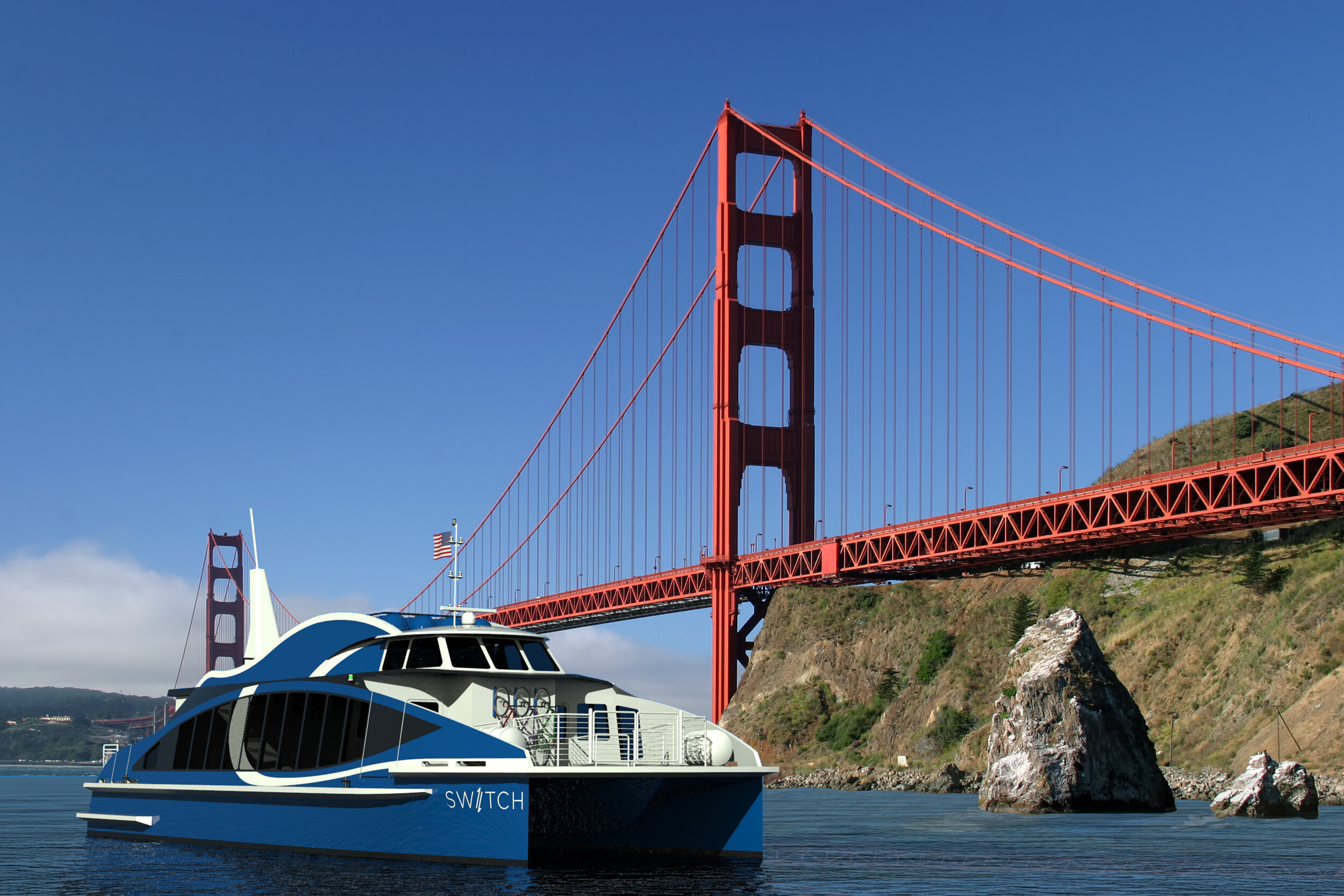
Investing in scalable fuel supply chains to make clean fueling a reality.

Generating green hydrogen from renewable energy sources for zero-carbon fuel.

